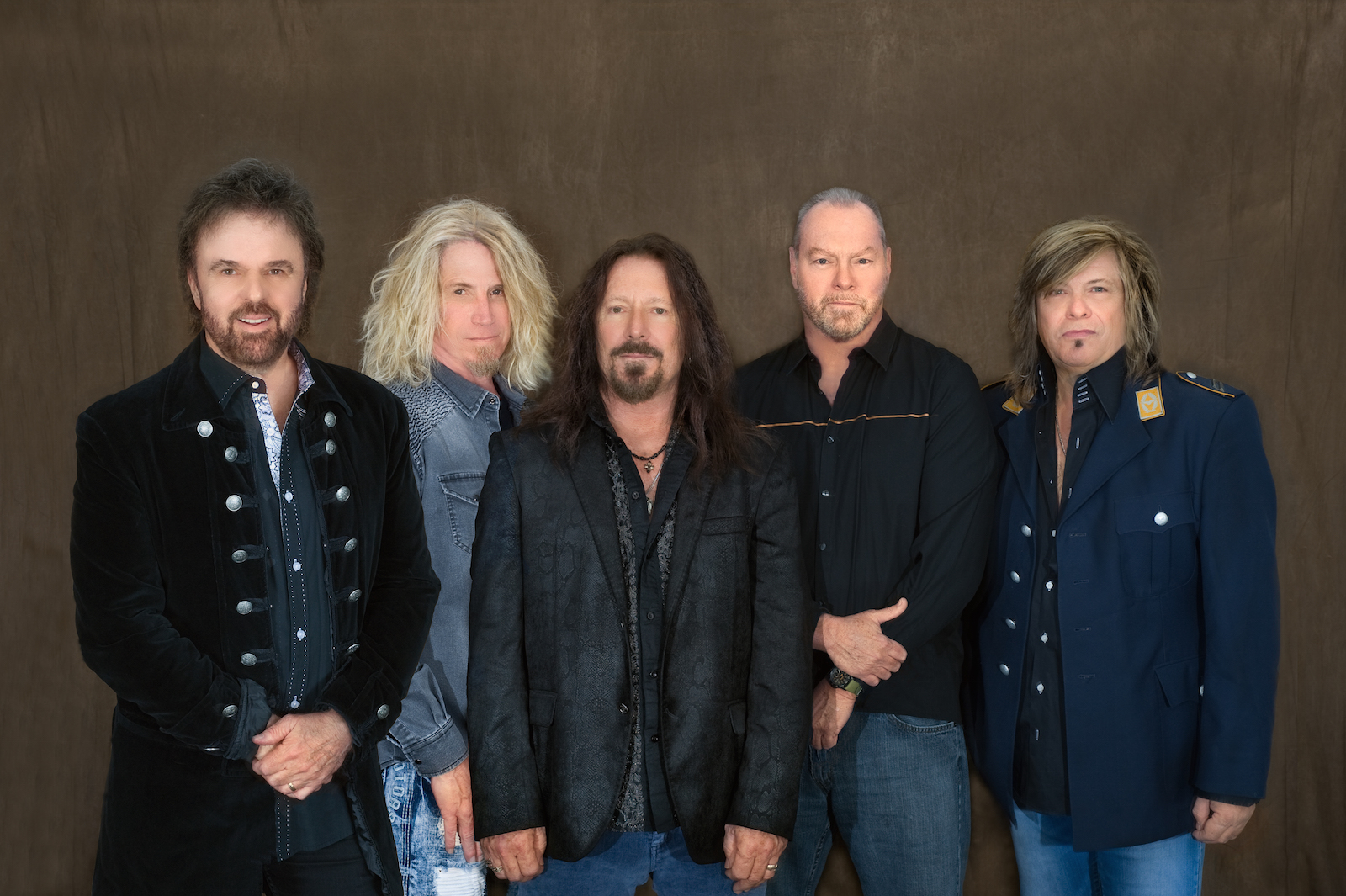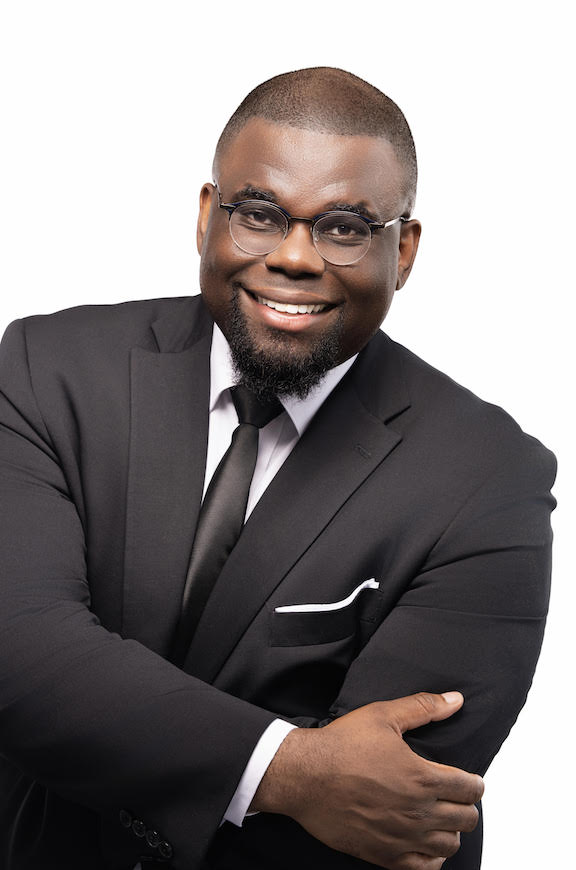He is able: Curry captures gold at Special Olympics USA Games
Published 10:31 pm Saturday, July 21, 2018

- Submitted PhotoTeam Florida flag football player Christian Curry stands with his teammates after receiving the gold medals. Team Florida defeated Washington 40-6 in the Special Olympics gold medal game in Seattle on July 8.
VALDOSTA –– Despite intellectual disabilities, there are 4.9 million athletes from 172 countries participating in the Special Olympics.
One of those 4.9 million athletes is Christian Curry, a 20-year-old from Homestead, Florida. Christian helped lead Team Florida flag football to a gold medal in the Special Olympics USA Games in Seattle, Wash. on July 6.
Trending
Christian suffers from an intellectual disability that results in slower comprehension when understanding and answering questions. The youngest of seven children, raised by his mother, Esther Howard; Christian has made his family proud in victory.
“The family’s proud of him—we had a little get-together (on July 14),” Esther said. “Sisters, uncles, my brothers, everybody is proud of him because he’s the first one to win a gold medal.”
Christian attended Homestead Senior High School, a secondary school in the Miami-Dade County Public Schools District, where he discovered his love for football. After picking up basketball and track and field as well, Christian excelled in flag football as his teams won championships several years in a row.
In the medal-clinching, 40-6 win against Washington, Christian played an important role as Florida’s defense came up with a crucial interception for a touchdown. The defensive stand kept Washington from taking the lead when the game was tied early on. With Christian helping the defense hold firm, Florida was able to cruise to victory.
“It changed the game to be honest with you,” Florida coach Frank Marion said. “It changed the momentum. Christian is the anchor of that defense. In flag football, you have your key players—your receivers, your running backs. He’s the anchor of our defense. He’s our rusher, he’s quick, he’s fast and he understands his role.
“As a kid himself, he listens, he’s determined and he’s one of those athletes that when everyone’s got their head down, he’s continuously picking them up. You know, ‘Let’s go, we got this,’ no matter what happens. He finds a way to make things happen.”
Trending
Finding a way to make things happen is how Christian has gotten this far. After moving to Valdosta from Homestead-Miami area more than a year ago, Christian holds down a job as a youth counselor at the YMCA. In fact, within two months on the job, Christian was named Employee of the Week.
Though the responsibility of dealing with younger children can be exhausting at times, Christian finds a sense of joy and serenity in it.
“My job, I love it and it keeps me calm when I come home,” Christian said. “I have too many nieces and nephews to not know what to do with the children at my job [laughs].
“They wrote an essay about me saying that I’m a good counselor and stuff like that. And that’s awesome.”
After capturing the gold in the Emerald City, Christian and his teammates now wait to see if they will get the nod to compete in the next USA Games in Orlando in 2022.
“Me being able to achieve that, I feel proud of myself,” Christian added. “It makes me want to stay in shape and long story short, it motivates me. It makes me want to get ready for the (2022 Special Olympics USA Games) in four years.”
What makes Christian’s accomplishment so special is that he almost didn’t get the chance to compete at all.
His mother, Esther admittedly wasn’t too keen on the idea of driving Christian down to Orlando, much less having her son jumping on a plane to Seattle nearly 3,400 miles from home.
After some coaxing and reassurance from Christian and Marion alike, Esther is thankful she didn’t stifle her son’s dream.
“I’m very proud of (Christian),” Esther said. “It took a lot of persuasion to drive him to Orlando because originally, I said, ‘No, I’m not doing it, I’m not doing it.’ But when the coach called and said everything’s taken care of—the flight, the finances. He has gone farther than any of his other siblings and he’s the baby. I’m very, very proud of him. Because of me, they could’ve stopped it but I’m glad I let him go.”
The sales pitch to Esther, Marion said, was simple: Trust me.
“I’ve had Christian for a while, so even when he was in Florida, I would take Christian different places and things like that,” Marion explained. “I think it was just more having a kid go out of town for the first time. He’s been to Orlando with us, when we’d go for state games. Any parent, when your child’s going cross-country, it can be kind of worrisome.
“But, we have a history together. I’ve known Christian for eight years, even before we did flag football. It was just reassuring that everything is gonna be fine, I’ve got you no matter what. Anything he needs, we’ve got it. With Special Olympics, a lot of things are free. It’s free but it’s not because a lot of people donate their time, they receive donations throughout and Special Olympics is a big organization. It was reassuring that, ‘Hey, we’ve done this before. You’ve trusted me all these years, I ain’t gonna let you down now.’”
Marion has spent more than 16 years in coaching, with eight years as head coach of Team Florida and six years with the current roster. When Marion began coaching with the Special Olympics, flag football was not a sport in the state of Florida.
Two years after Marion joined the Special Olympics, Florida implemented flag football as a sport. Marion called the experience of winning a gold medal “very exciting” and talked about what it meant to be the first team from Florida to accomplish the feat.
“It’s very significant because this team is one of those that everybody models themselves after,” Marion said. “This team has been together six years and the team hasn’t lost a game in six years. And being able to go to Seattle and do what we did, capping off a six-year run that was amazing, is great. A lot of teams, they look at us. Even when we were up in Seattle, they were like, ‘Man, your boys move just amazing.’ I said, ‘Yeah, they’ve been together forever.’ A lot of people want to change teams, change this—no, keep your teams together. You’ve got to build a relationship. Like I told the coaches up here in Florida, if you build relationships with your team, you can do amazing things. And that’s what we’ve done.”
Esther finds herself proud of what her son has accomplished in spite of his disability. Though the term, “special” carries perhaps a stigma when it comes to people with disabilities, Esther says she has always pushed Christian to be the best person he can be.
“I’ve always taught my son that he is special,” Esther said. “But he doesn’t have to carry that title. You can’t tell unless you talk to him. You can’t tell by sight. You can only tell by conversation.
“He’s working. He works at the YMCA. They know he has a disability but he’s still able to interact with younger kids and act like someone that doesn’t have a disability. He’s never been in trouble. He’s a good young man.”
As a coach, Marion chooses to focus on his players’ ability on the field rather than their disabilities––taking every player’s best attributes and incorporating them into a team concept.
“With me personally, even though I coach kids with disabilities, I coach kids with certain disorders and things like that, I don’t see the disability,” Marion said. “I tell everybody that. There is no disability on my team. Yes, there are kids that are autistic, maybe kids that are intellectually disabled but when you’re a coach, you’re not coaching a disability. You’re coaching the ability that each kid has. So that’s what you focus on, not the disability, you focus on their ability. When we meet, we focus on…what are they good at?
“All of us have disabilities, to be honest. But, if you focus on the kids’ ability, in Christian’s case, he has great ability. He has great speed, he has understand in certain aspects so to a certain level, you break it down to the point where he understands. Coaching his ability has made him the player he is today, not coaching his disability.”
With his team’s gold medal win now in the rearview, Christian now looks to secure his driver’s license––which will require someone there to read the test questions and answers before he makes his choices.
Like winning a gold medal, Christian passing his driving test will be another personal milestone to be proud of. Esther gives her son credit for believing in himself and not letting what he can’t do affect the things he can do.
“Even though it’s the Special Olympics, that doesn’t matter because his techniques are farther than (his limitations),” Esther said. “He has a learning disability, but he’s smarter in other areas—computers, things like that. I totally give it to him because he pushed himself. He doesn’t let his disability stop him.”





